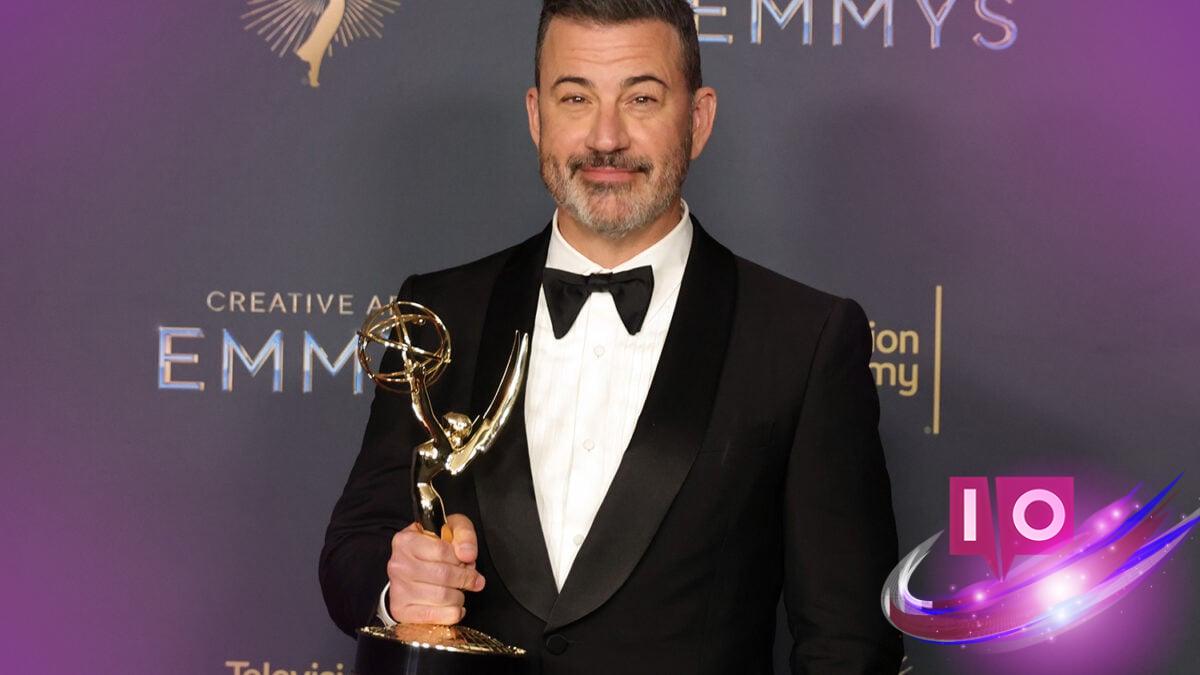In an unprecedented move, major media influences are converging, sparking important conversations about the future of U.S. media. With the proposed merger between Paramount and Warner Bros. Discovery creating headlines, concerns arise about potential implications for media diversity and political influence. As the landscape shifts, it’s crucial to examine how this merger could affect the information we consume daily.
Experts from institutions like Washington State University, Carleton University, and the University of Pennsylvania have passionately discussed the consequences. Their collective insights illuminate the significant power shifts within the media, driven in part by the Trump administration’s approaches and preferences.
The Merger’s Impact on Media Control
What happens when two major players in media join forces? The merger, set to deepen under the auspices of the Trump administration, could lead to alarming centralization. The combined entity would wield control over more than 25% of the U.S. media market, influencing everything from film to digital streaming.
This consolidation undermines media diversity and elevates risks of bias. With networks like CNN and CBS locked under a single corporate umbrella, concerns arise about the narratives that will dominate programming. For instance, do you think that large media conglomerates will push conservative viewpoints as a way to align with governmental interests? Unfortunately, the precedent suggests they might.
Concentration of Power and Its Dangers
The new powerhouse could dominate the cable television market, potentially controlling half of it with properties such as HBO. Imagine the implications: one entity having such significant say in the channels viewers access daily.
The merger could easily lead to less room for independent voices. Particularly troubling is how the deal aligns with the current media landscape, where local stations and independent news outlets are already struggling for survival. Consolidations often foster environments where diverse viewpoints are sidelined.
Real-World Examples of Media Manipulation
Consider the recent suspension of Jimmy Kimmel’s show after pressure from major affiliates over his commentary related to political figures. This is a harbinger of what’s to come; an overwhelming corporate influence affecting program decisions based on political climates.
Moreover, regulatory scrutiny has been notably absent in recent high-stakes mergers, which raises further questions about media independence. This trend mirrors historical patterns where corporate interests stifled opposing narratives in favor of majority perspectives.
How Will Streaming Change Under This New Giant?
With the merger poised to create a behemoth controlling leading streaming platforms, audiences will experience marked shifts in content delivery. The combined force of HBO Max, Paramount+, and Discovery could reshape what shows and films are available, along with pricing structures linked to viewer access.
How will this affect content creation opportunities for smaller creators? The increased bargaining power within the industry might limit access for independent creators to get their work seen and funded, stifling innovation and unique storytelling.
What Are the Long-Term Effects on Democratic Discourse?
The merger doesn’t just affect media ownership; it also touches on the crucial role of journalism in democracy. As entities like CBS take on more conservative editorial slants, the push for accurate, balanced reporting could wane. Is it fair to expect that these broadcast giants, under heavy influence, will uphold journalistic integrity?
Research indicates that when media ownership consolidates, so does the potential for increased political polarization—a troubling prospect for democratic engagement. Are we ready to accept a U.S. media model that leans heavily in one ideological direction? Such realignments seldom benefit society as a whole.
What Can You Expect Moving Forward?
As discussions around this merger intensify, it’s essential to remain vigilant. The power dynamics in U.S. media are shifting, and so are the narratives shaping our culture and politics. With influential families like the Ellisons closely tied to Trump, we might see a media landscape reminiscent of authoritarian models seen abroad.
What will this mean for media freedom in America? The trend implies a consolidation that might undermine varied perspectives, as larger entities prioritize favorable narratives that serve their interests.
As you reflect on these changes, consider also the importance of supporting independent journalism and diverse media outlets that challenge the status quo. The landscape may be evolving, but your choices as a viewer can drive the demand for varied, authentic content.
For more insights on the intersection of media and politics, dive deeper into relevant content at Moyens I/O.
